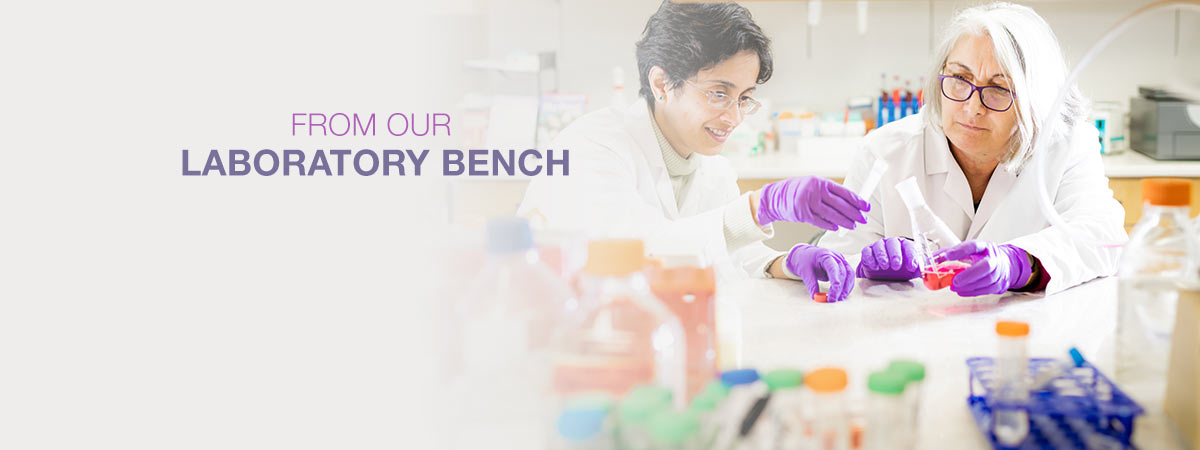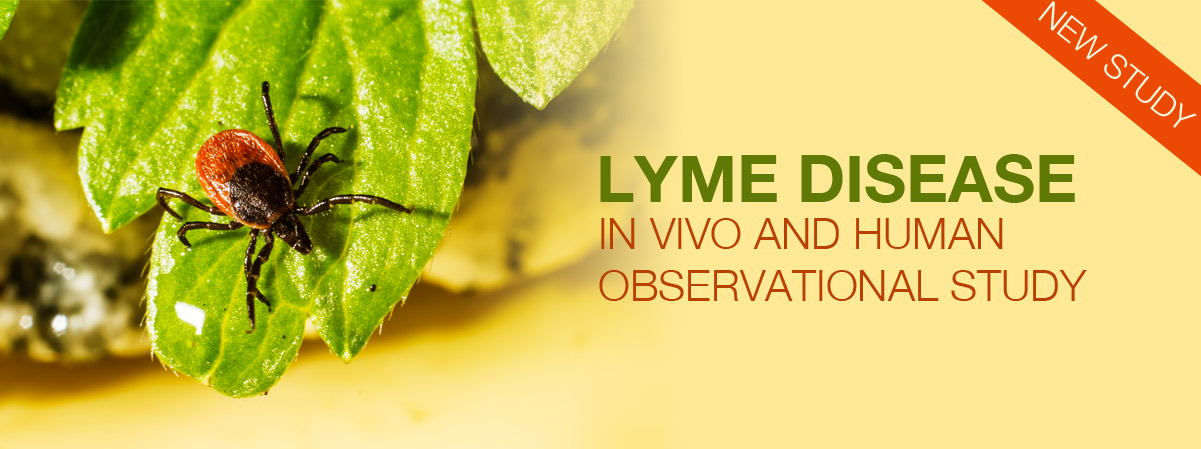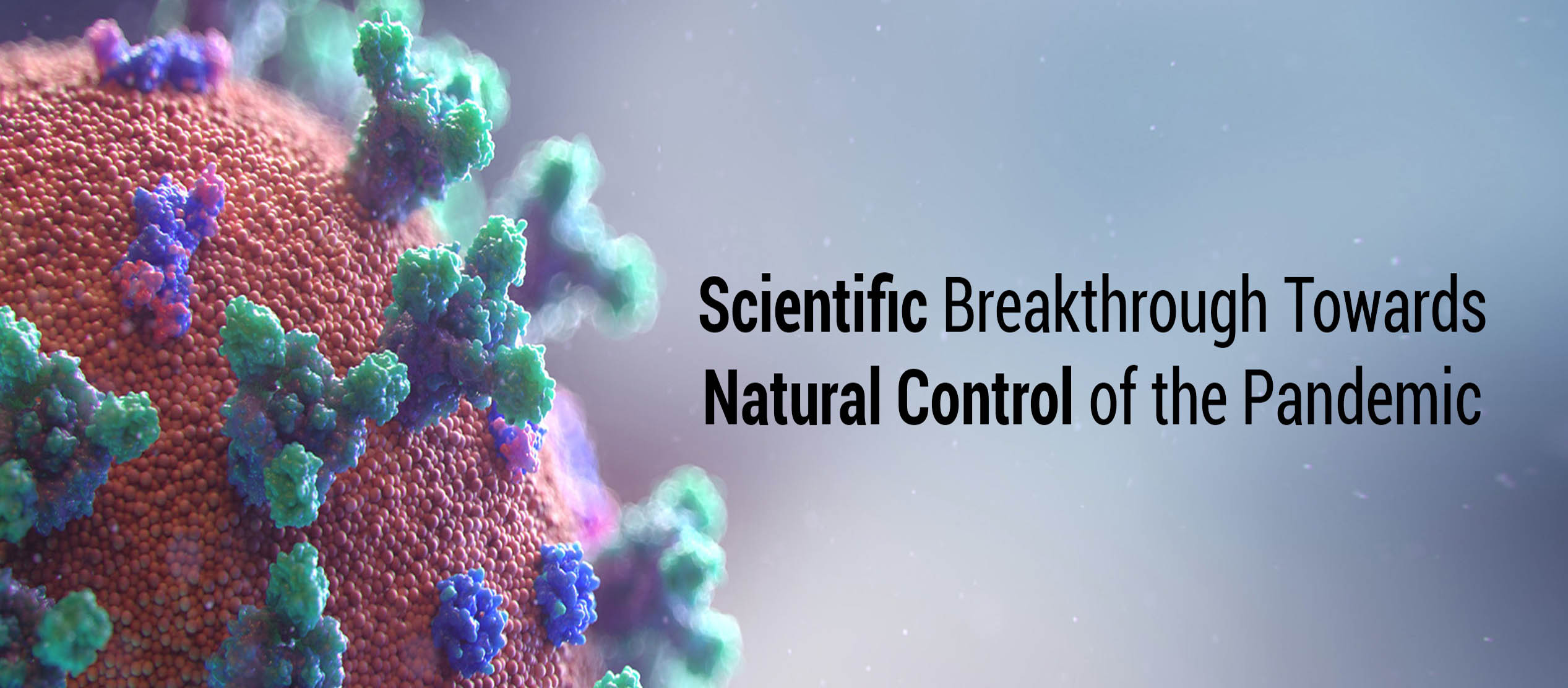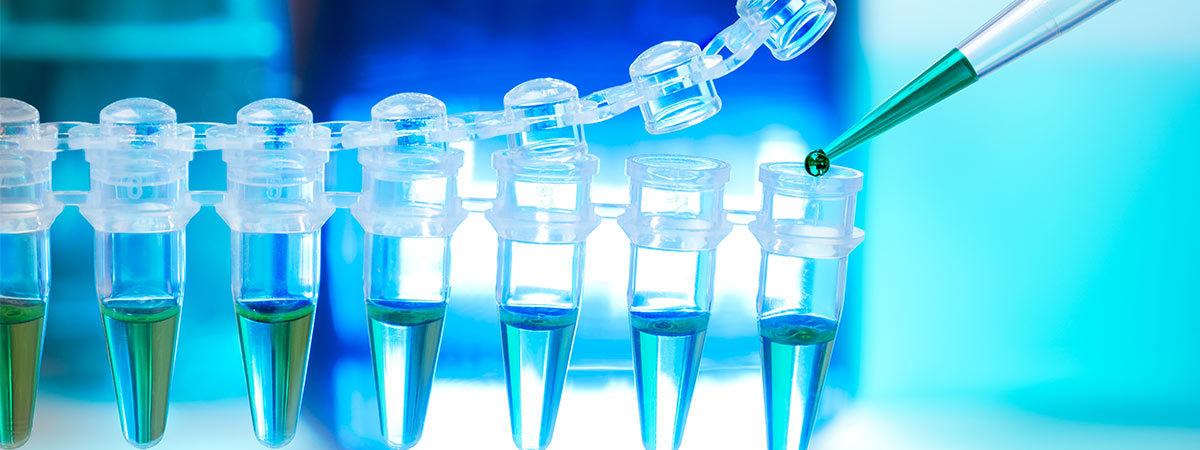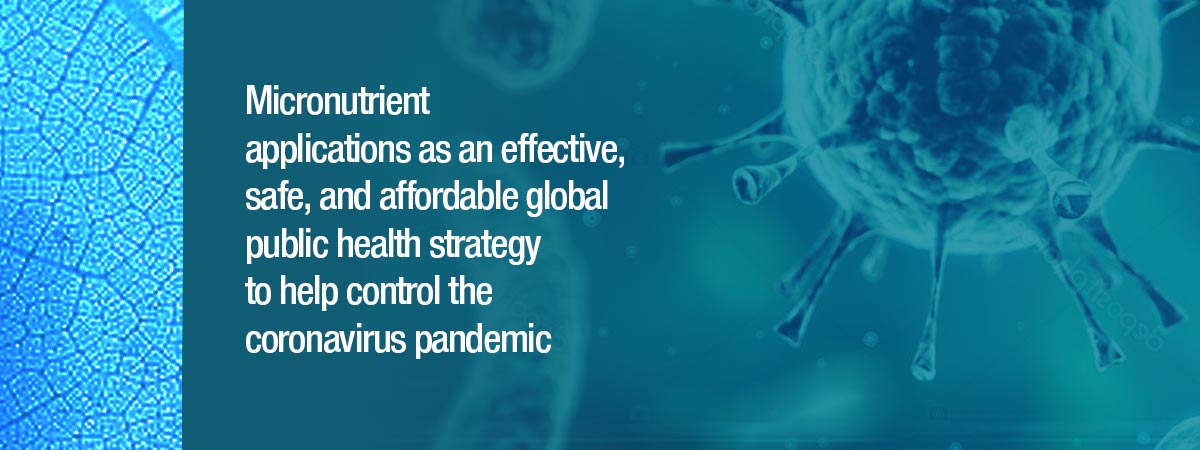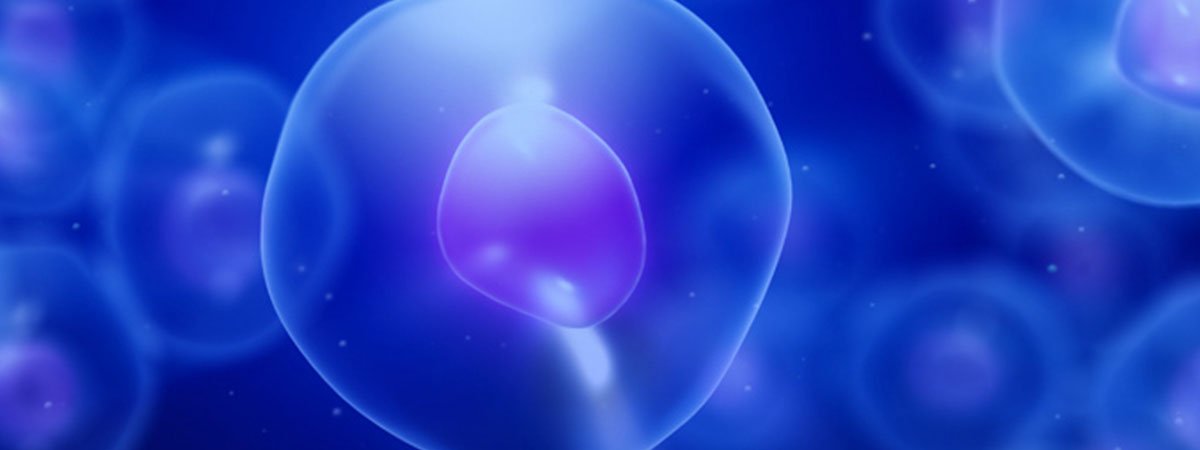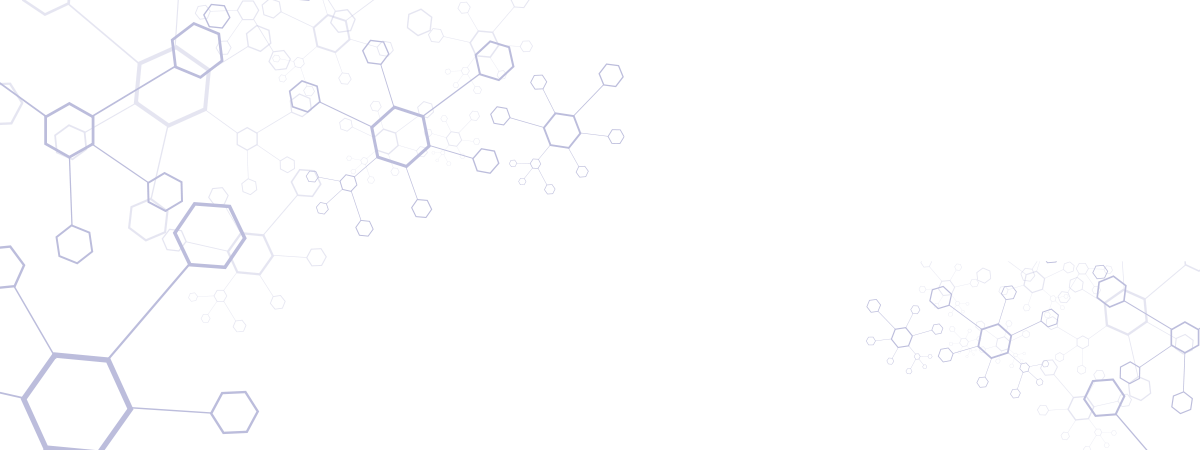Acquired immunodeficiency syndrome (AIDS) has reached epidemic proportions in developing countries and threatens to eradicate large segments of the population unless an immediate and effective solution is found to reversing the course of the disease.
Current treatment modality involving the use of costly and toxic antiretroviral drugs is insufficient and ineffective in meeting this challenge as it is based on the singular theory that AIDS is caused by infection with the retrovirus HIV, when it has been recognized that other factors, especially malnutrition or micronutrient deficiency are intricately linked to the genesis of AIDS.
Thus, specific micronutrient abnormalities are very common in patients with HIV or AIDS and nutritional deficiency is an important underlying factor predisposing individuals to acquire immune deficiency, specifically in developing countries on the African continent. More than 2.0 million AIDS patients die annually worldwide; in Africa alone, where malnutrition is highly prevalent in this afflicted population, approximately two-thirds of the global HIV-infected population resides there. Hence, a comprehensive approach utilizing nutritional intervention is required to successfully treat this deadly disease.
This is the approach we have adopted to enable a natural means of controlling AIDS that provides an affordable, nontoxic and practical solution for treating the undernourished populations of the developing world afflicted with this disease.
Research conducted using micronutrients has revealed several ways in which micronutrients can help to fight AIDS:
- Micronutrients such as vitamin C and N-acetyl-cysteine suppress the multiplication of HIV in chronically and latently infected cells 1-4 and decrease viral load in HIV-infected and AIDS patients.5, 6
- Micronutrients can enhance white blood cell production and improve the immune system to counteract other infective agents or cofactors.7, 8
- Micronutrients consisting of multivitamin supplement or broad-spectrum mixture of essential nutrients can enhance helper T-cell count and/or help reduce risk of progression to AIDS.9, 10
- Our more recent in vitro study evaluating the individual and combined anti-HIV action of nutrients has shown that a mixture consisting of vitamin C, green tea extract, amino acids and trace minerals was more potent than individual nutrients in suppressing HIV production from chronically and latently infected cells.11
- A micronutrient program consisting of vitamins, minerals and other essential nutrients can help reverse the clinical symptoms of AIDS that determine the course of the disease.12-14 Initial findings from our pilot project in Khayelitsha, South Africa showing how micronutrients can reverse the course of AIDS can be found here.
- The micronutrient supplement started in Khayelitsha, was also rolled out in KwaZulu-Natal, Western Cape and Free State by SANCO. From all 4 regions, 813 participants who took the micronutrient supplement completed all 3 examinations and questionnaires. Results showed that daily micronutrient supplementation was associated with statistically significant reduction in severity of:
- AIDS-defining symptoms including fever, chills, sweating and cough
- Specific clinical symptoms such as colds and flues, unusual thirst, vomiting and nausea
- Other physical symptoms including blurred vision, skin bruises, irregular heartbeat and gum bleeding
- Pain symptoms such as numbness of extremities, joint pain, and headaches
A detailed summary of a community health micronutrient program conducted in different townships of South Africa can be found here.
More information on the benefits of vitamins in fighting HIV/AIDS and tuberculosis can be seen here.
Clinical benefits of micronutrients in HIV/AIDS documented in several other peer-reviewed published studies are summarized here.
References Cited
- Harakeh S, Jariwalla RJ and Pauling L, Proc. Natl. Acad Sci USA 1990; 87: 7245-9
- Harekeh S and Jariwalla RJ, Am J Clin Nutr 1991; 54: 1231S-1235S
- Harakeh S and Jariwalla RJ, Supplement to Nutrition, 1995; 11: 684-687
- Roederer M et al., Proc Natl Acad Sci USA 1990; 87: 4884
- Allard J. et al., AIDS 1998; 12: 1653-1659
- Muller F. et al., Eur J Clin Invest 2000; 30: 905-914
- Beisel WR, Am J Clin Nutr 1982; 35: 415
- Watson RR, Nutrition, disease resistance, and immunity. New York, Marcel Dekker, 1984.
- Tang AM et al., AIDS 2005; 19: 847-861
- Kaiser J et al., JAIDS 2006; 42(5): 523-528
- Jariwalla RJ, Gangapurkar B, Pandit A, Kalinovsky T, Niedzwiecki A, Rath M, Molecular Medicine Reports 2010, in press
- Jariwalla RJ, Niedzwiecki A, Rath M, The Commonwealth Health Ministers Book 2007; 4: 187-189
- Jariwalla RJ, Niedzwiecki A and Rath MR, in “Botanical Medicine in Clinical Practice” (R. R. Watson & V. R. Preedy, Eds), 2008; pp 203-12. CAB International, London, UK
- Jariwalla RJ, Niedzwiecki A and Rath M, in "Bioactive Foods in Promoting Health" (R. R. Watson and V. R. Preedy, Eds), 2009; pp 323-342. Oxford: Academic Press
